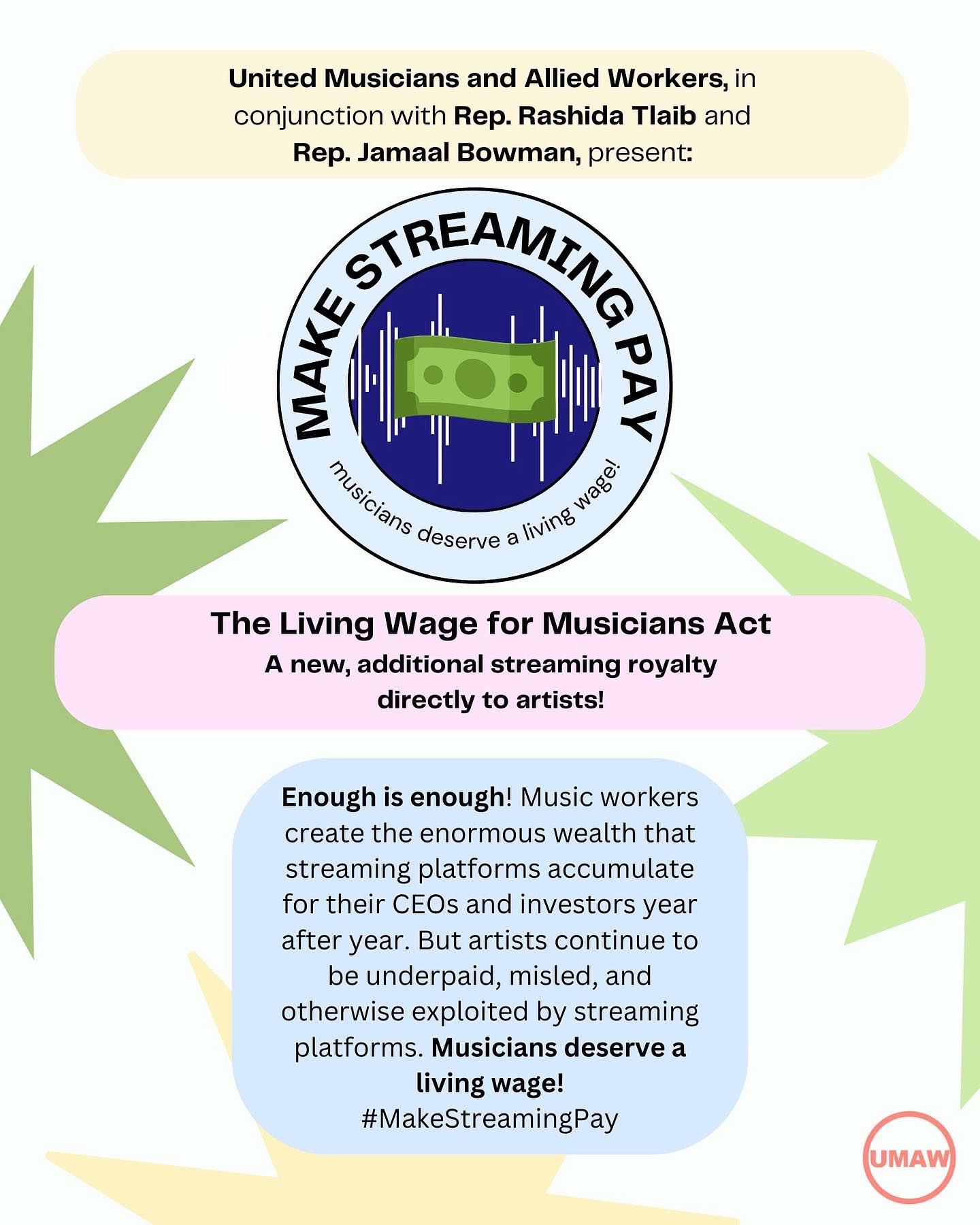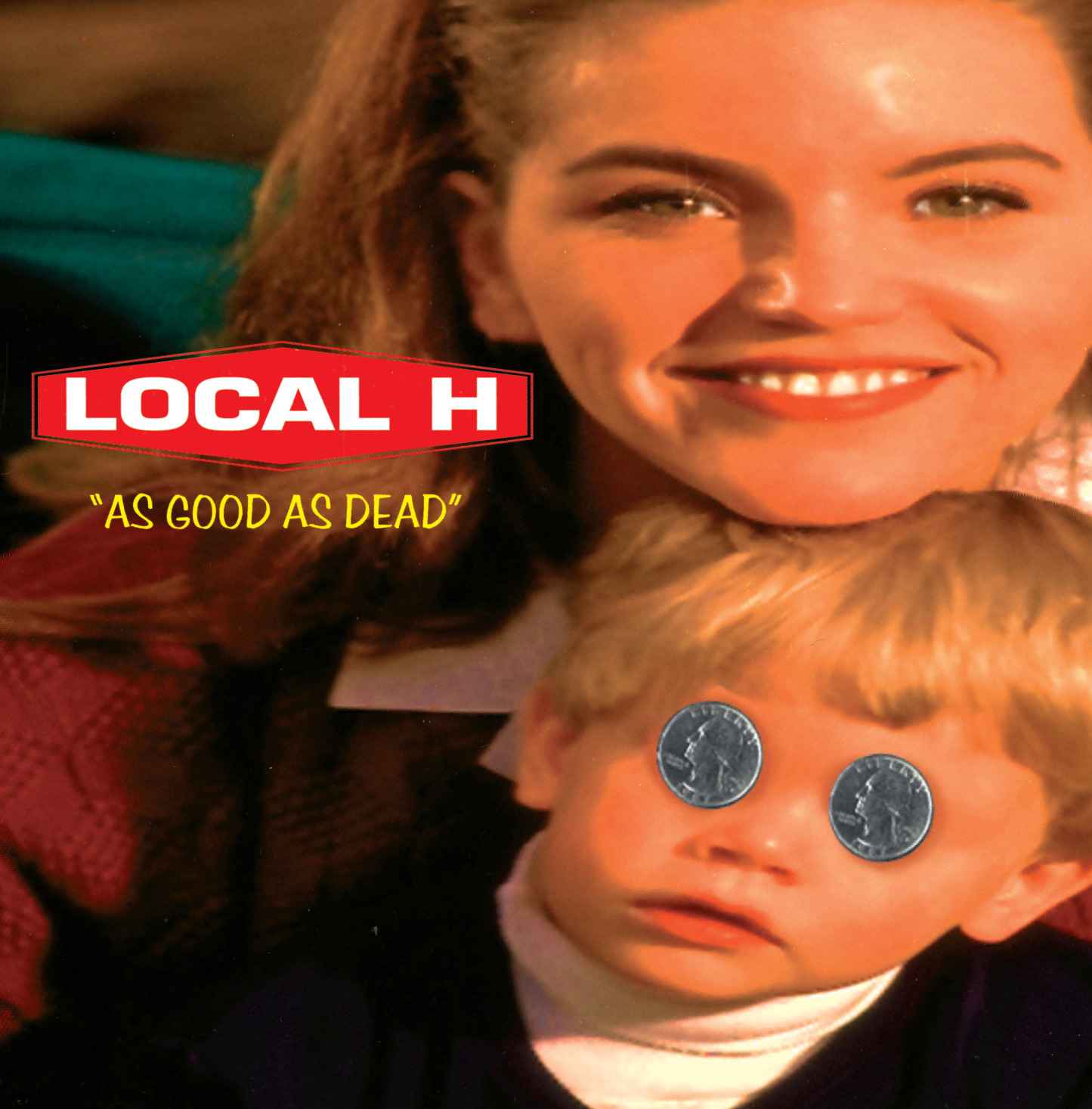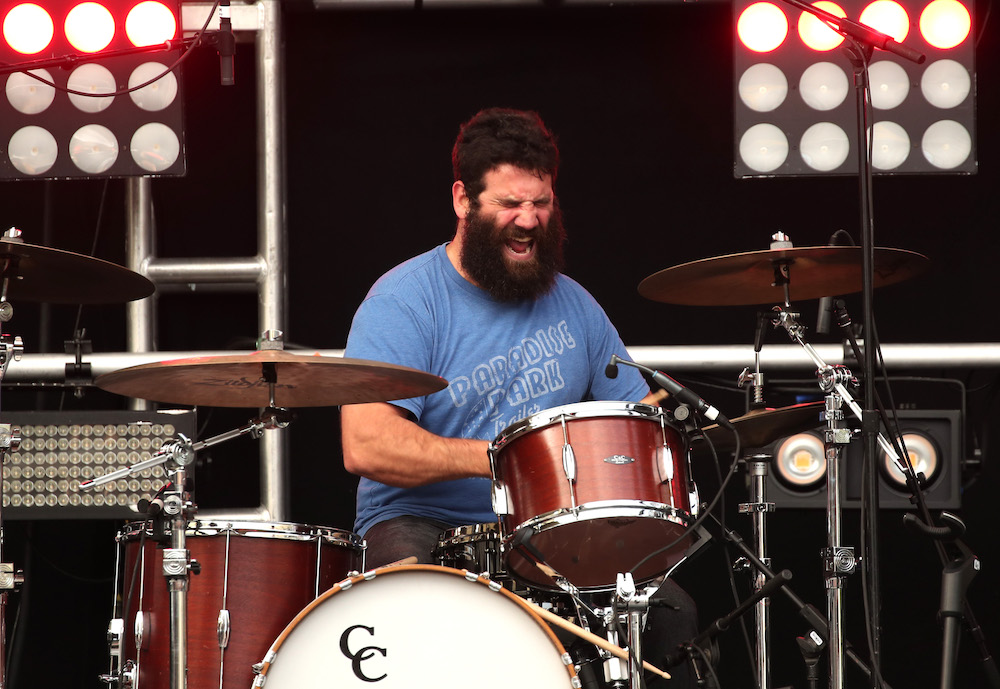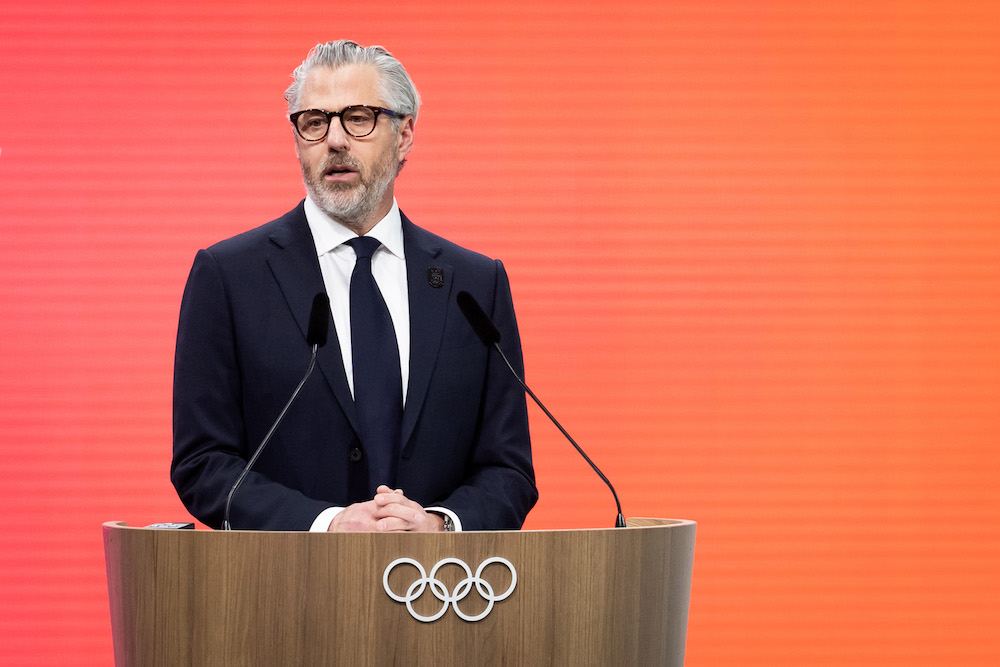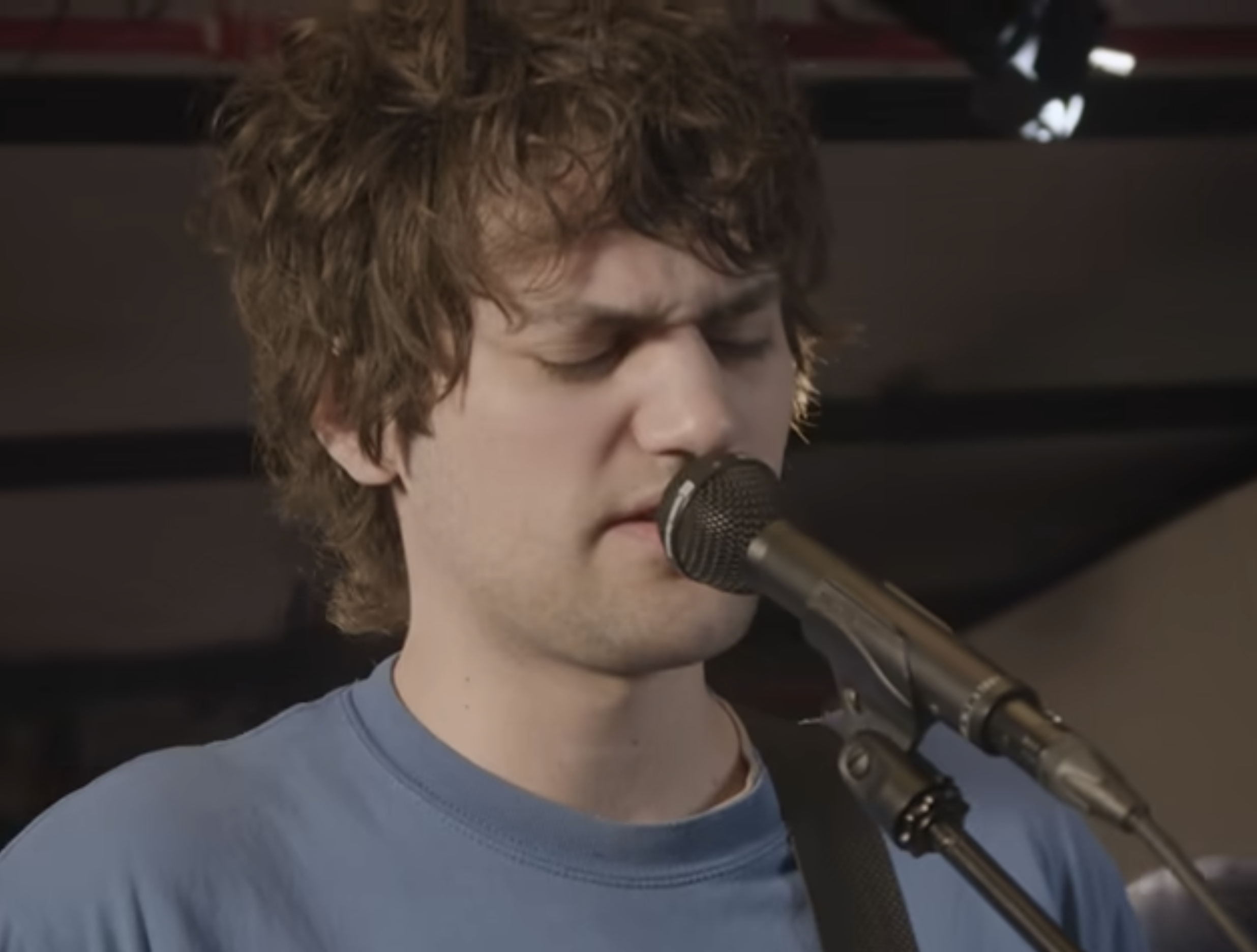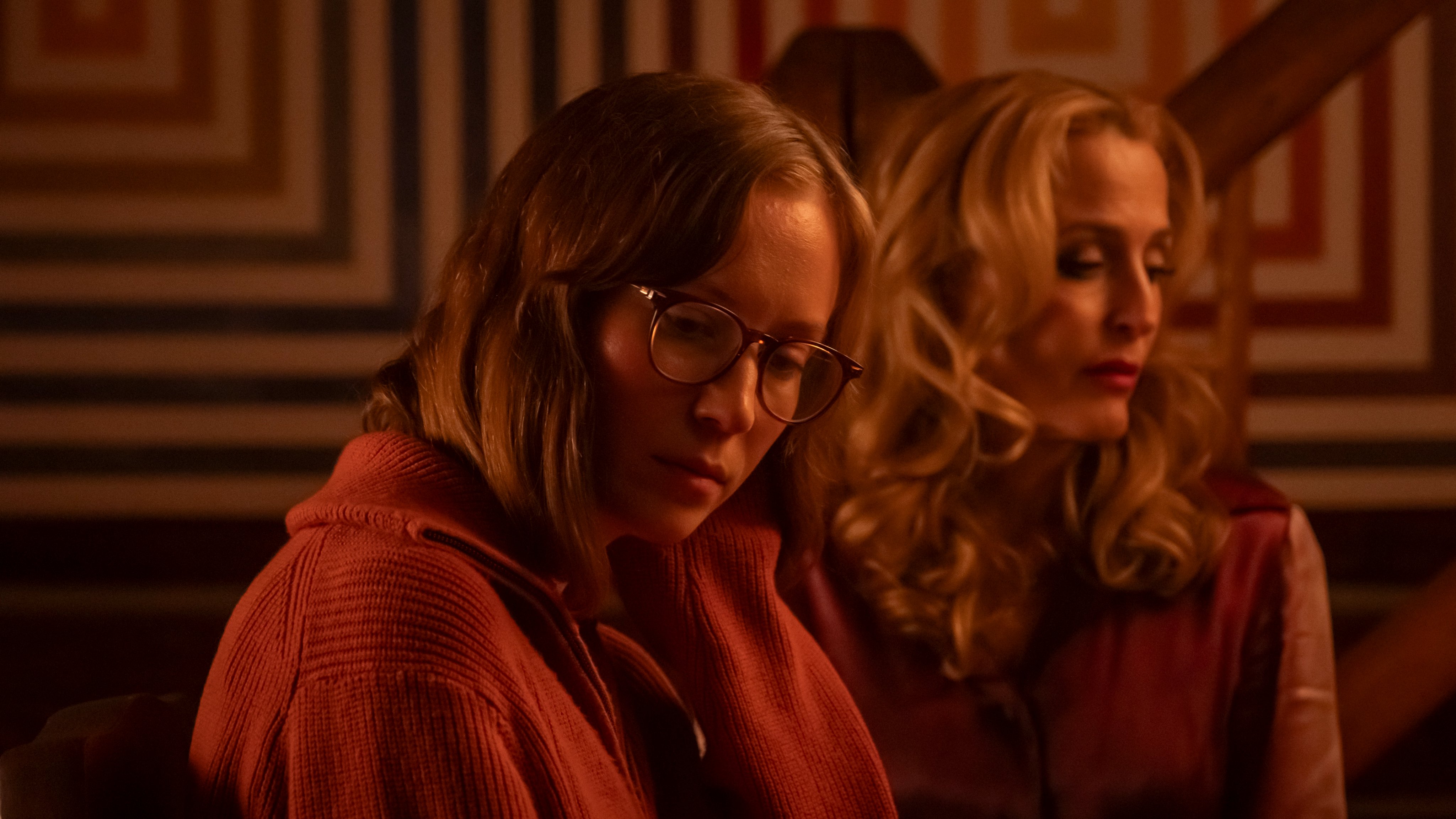In October, Spotify revealed a plan that pays even less in royalties to less-popular artists. Today, U.S. Rep. Rashida Tlaib of Michigan introduced the Living Wage For Musicians Act, a bill aimed at reforming digital streaming platforms such as Spotify which currently pays approximately $0.003-$0.005 per stream.
For the bill, Tlaib partnered with New York Congressman Jamaal Bowman and United Musicians And Allied Workers (UMAW) as well as local and national artists. The Living Wage For Musicians Act would create a new streaming royalty paid directly to artists. The press release explains:
The royalty would be funded through platform subscription fees and a 10% levy on non-subscription revenue, and is designed to ensure that artists receive a minimum of one penny per stream, an amount calculated to provide a working class artist a living wage from streaming. The royalty would be paid out proportionally from a central fund, with a cap placed on how much an individual track can earn, to ensure a more equitable distribution of payments.
It would be a separate fund from the current payout model and a new fee would be added to users' bills. As for the cap, an individual track can earn money until reaching one million streams per month.
“Streaming has changed the music industry, but it’s leaving countless artists struggling to make ends meet behind,” said Congresswoman Rashida Tlaib. “It’s only right that the people who create the music we love get their fair share, so that they can thrive, not just survive.”
“There is a lot of talk in the industry about how to ‘fix’ streaming – but the streaming platforms and major labels have already had their say for more than a decade, and they have failed musicians,” said Damon Krukowski, a UMAW organizer who previously played drums in Galaxie 500 and now plays in Damon and Naomi. “The Living Wage for Musicians Act presents a new, artist-centered solution to make streaming work for the many and not just the few. We need to return value to recordings by injecting more money into the system, and we need to pay artists and musicians directly for streaming their work.”
“Our middle class musicians are disappearing, our recording studios are disappearing, and this all leads to our music communities and music culture deteriorating rapidly across the country," mixing and mastering engineer Heba Kadry added. "The more we allow a handful of very wealthy power players to monopolize and find ways to shrink the pool of income musicians make from streaming, the more we will continue to destroy our music scenes."
You can sign the petition to support the bill here.
Detroit is a global music capital, and our artists have made their mark on our culture in countless ways. Streaming has upended the music industry, making it harder for artists to survive. The Living Wage for Musicians Act aims to give artists the economic justice they deserve. pic.twitter.com/wxKGdWcP3p
— Congresswoman Rashida Tlaib (@RepRashida) March 6, 2024
